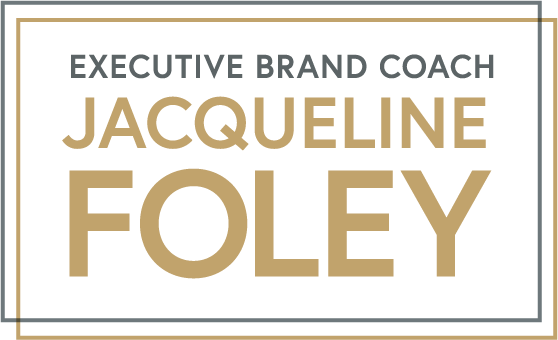The power of pause
How slowing down increases our impact
When was the last time you took a long deep breath? I mean actually paused to take a few minutes away from your daily grind and the copious thoughts racing through your mind.
The reason I start my group coaching programs with a breathing exercise, is because it literally wakes everyone up. They immediately see the contrast between being on autopilot – which is how they often spend a good part of their workday – and being present to what’s happening around them and within them.
Why is this important?
Because in order to be seen as the leaders we want to be, we have to be deliberate about how we are showing up for ourselves and for the people we work with. Increasing our awareness is the key to shaping our reputation.
When we practice pausing, we can break the habit of running from meeting to meeting or project to project and allow ourselves time and space to digest what we’ve heard and be more thoughtful about what we need to do next.
It helps us to be more present with others so they feel more valued and to listen more deeply so we can pick up on the nuances of what’s being said and not being said.
The more we pause, the more we learn to draw on our inner voice to guide us in making the right decisions for ourselves, our teams and our organizations. This also helps us to think before we respond – a skill that even the most seasoned leaders often struggle with.
One of my clients recently told me that she is using the breathing technique we practiced to help her pause when her emotions are running high at work. Instead of letting negative comments impact her, she now takes a few breaths so she can consciously let go of self-doubt and evaluate each situation in a more clear-headed way. This has helped her to become more self assured.
This is how we build executive presence and increase our impact, by taking our time.
Here are a few ways to build pauses into your day:
Find a breathing practice that works for you – One of my favourites is box breathing, a common technique used by Navy Seals in times of high stress. Imagine breathing around a box, inhaling through your nose for four as you visualize going up one side of the box, pausing for four as you go across the top, exhaling for four as you picture going down the other side of the box and hold for four as you complete the box (and then repeat). Another option is to tune into your breath using a basic meditation practice. This involves following the sensation of your breath as it goes in and out and as your attention wanders, you bring it back to your breath. The trick is not to judge yourself or obsess over the thoughts you find yourself lost in. Just keep coming back to your breath. These practices can help slow you down so you can be less reactive, and more present and focused.
Stop booking back-to-back meetings – I recommend leaving at least five minutes (ideally 15) between all of your meetings so you can collect your thoughts and be intentional about how you approach each new conversation. I have several clients who have started doing this and have been amazed at how slowing down and taking more time for themselves throughout day (including starting their day off with time to contemplate and plan) has made them more productive and effective. Great leaders are always looking to make a strategic impact on their organizations but being strategic requires time to think and reflect. That’s why we all need to inject pauses into our day so we can be focused on creating value not volume.
Wait three seconds before you respond – When I used to do media training with executives, I would help them practice pausing before answering the questions being thrown at them by the journalists. This did two things. It gave them time to collect their thoughts and be more deliberate about their response and it made them appear more measured and confident. As leaders, we are being barraged with requests, questions and feedback throughout the day and when we respond too quickly, we often end up saying yes to things we wish we’d said no to or coming across as unprepared or even defensive. But it doesn’t have to be his way. We can be more in control of how we respond.
There is a famous quote by Victor Frankl that captures this notion: “Between stimulus and response, there is a space. In that space lies our freedom and our power to choose our response. In our response lies our growth and our happiness.”
The choice is yours to make.


